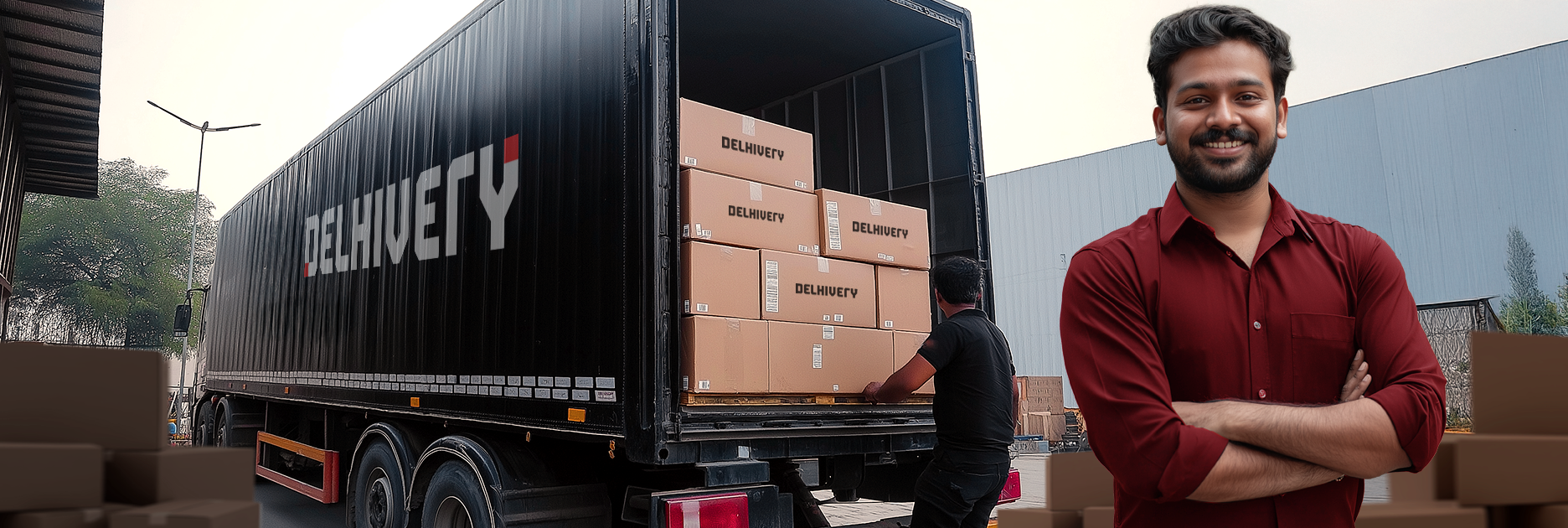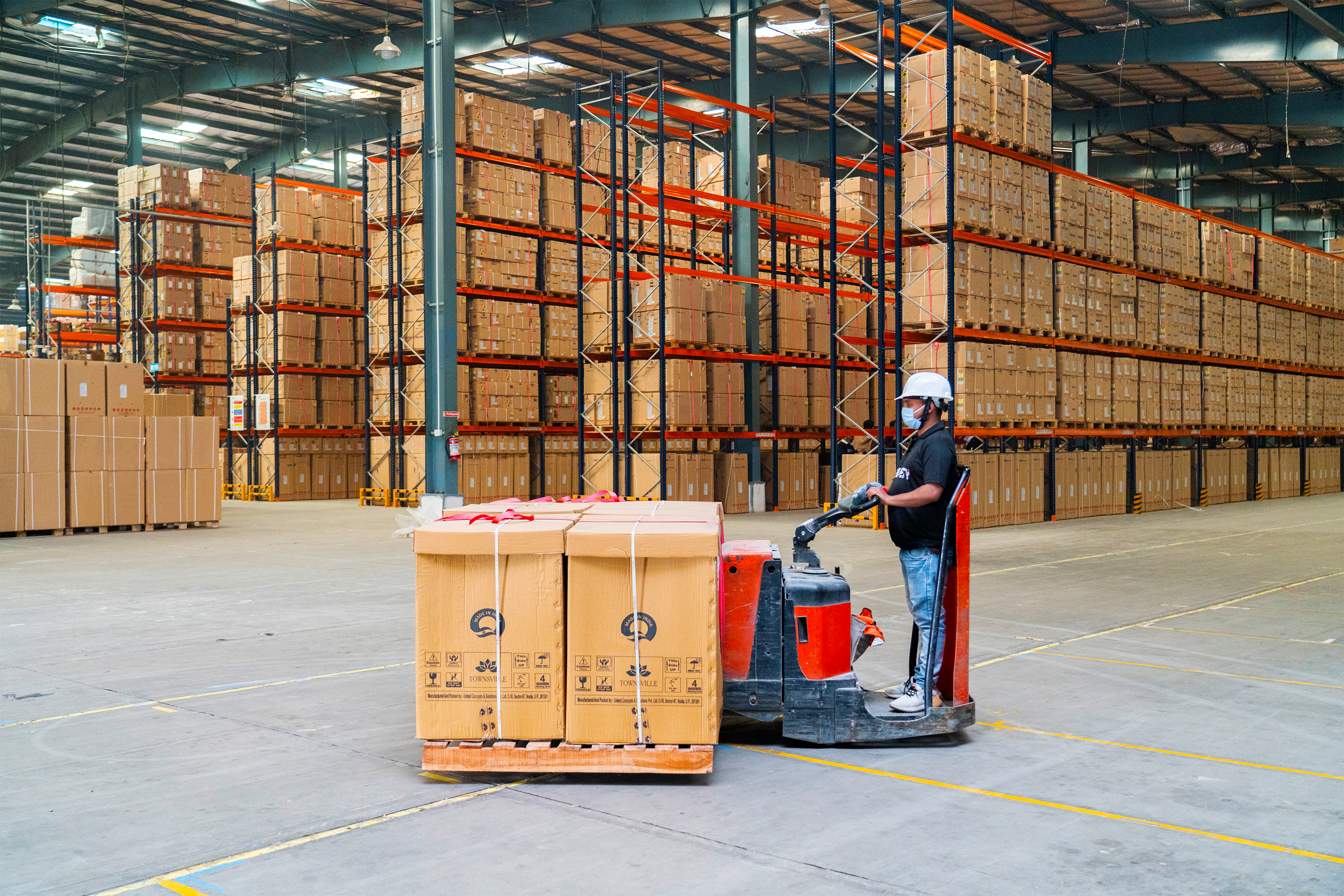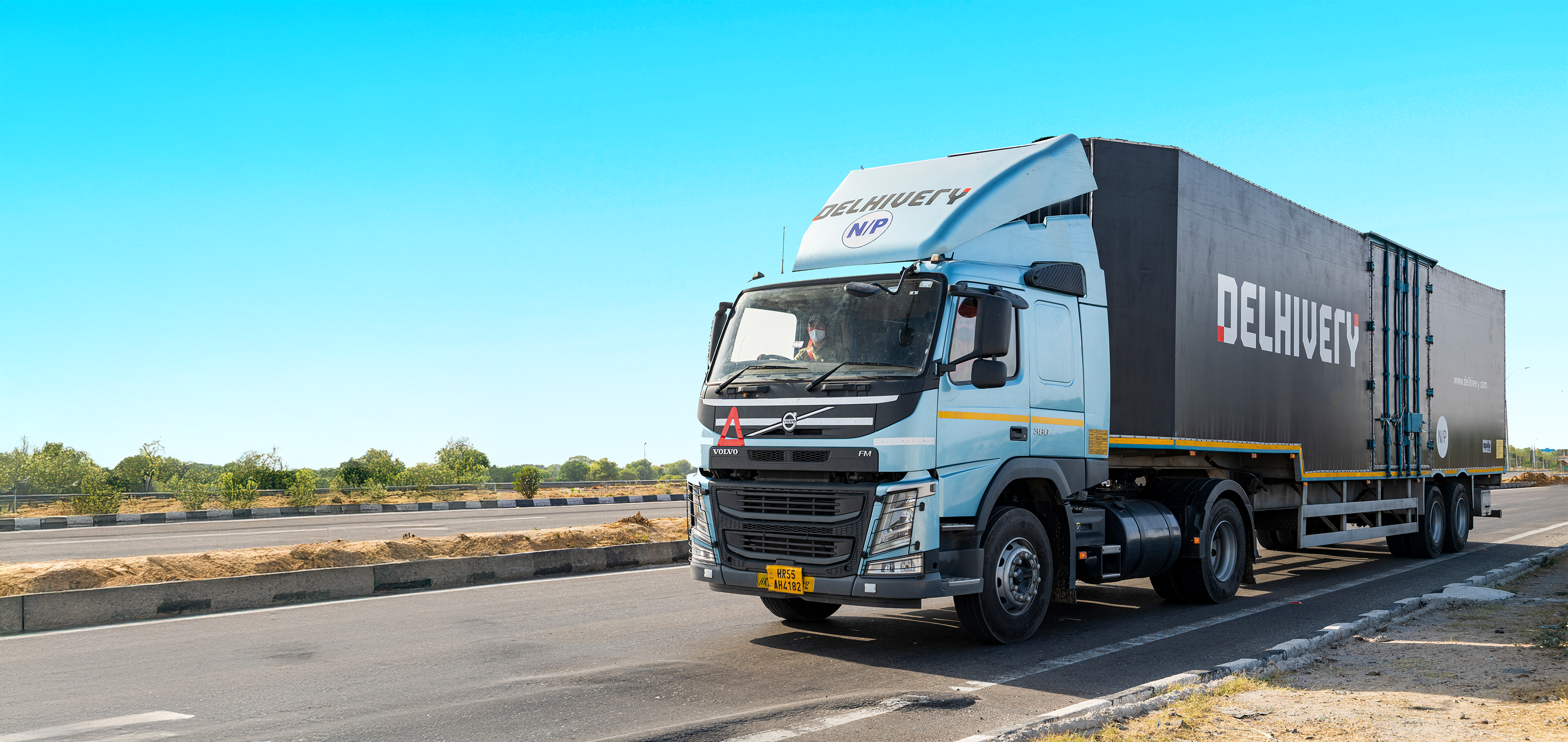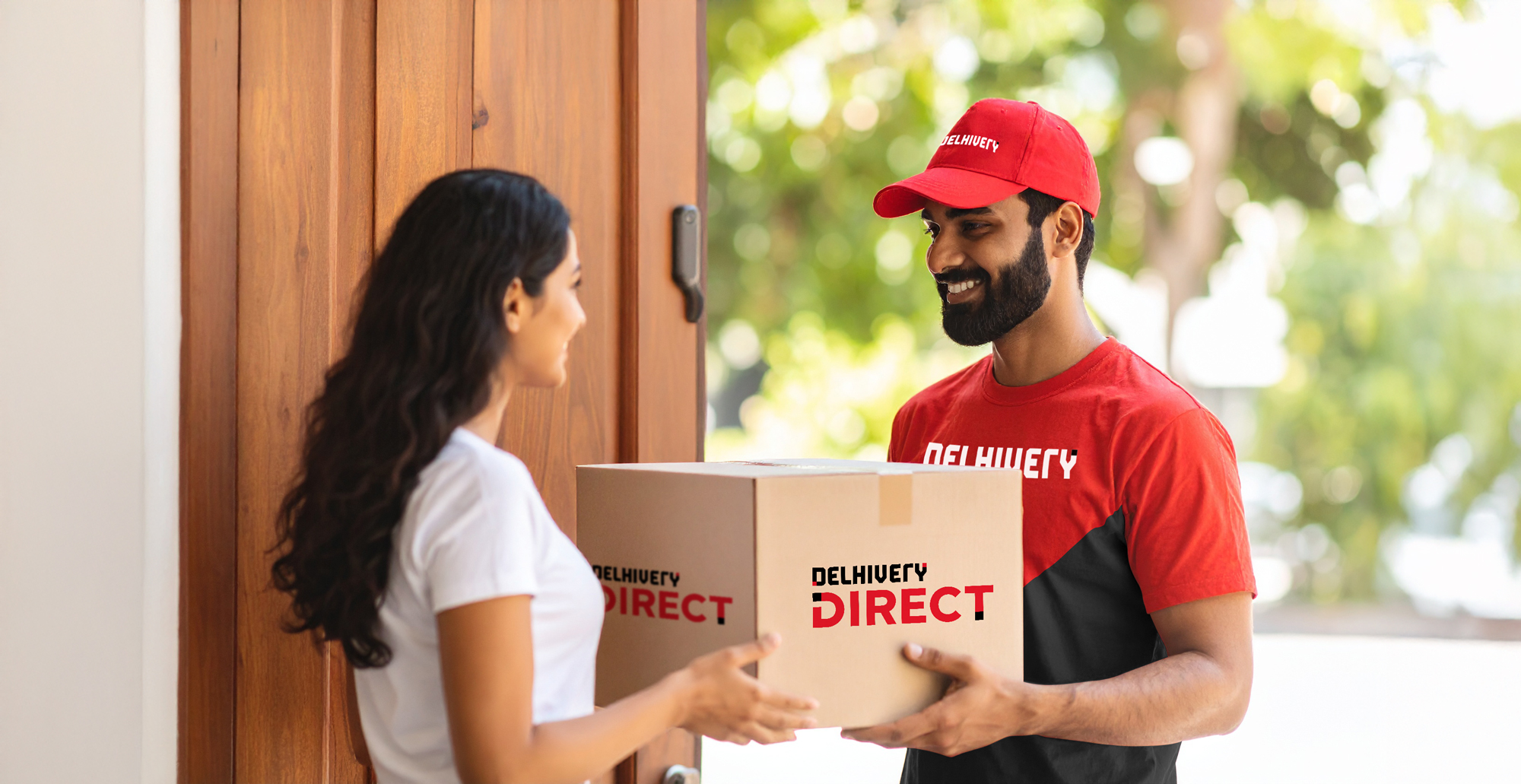

With a full suite of scaled services, we’re equipped to meet logistics needs for businesses and consumers across India.

Most preferred logistics provider for D2C brands and small businesses.

India’s fastest growing network for B2B shipping to every corner of India.

Pan-India network of warehousing integrated with transportation, designed for speed and cost saving.

End-to-end trucking solutions to move large volumes efficiently across India.

AI-powered Transport Management Software (TMS) for optimised decisions on logistics.

Seamless international shipping to 220+ countries and territories – express and LCL.


Free doorstep pickup, and nationwide parcel delivery for consumers or businesses.

Quick, reliable local delivery for your business, forgotten items, or anything else, with real-time tracking.